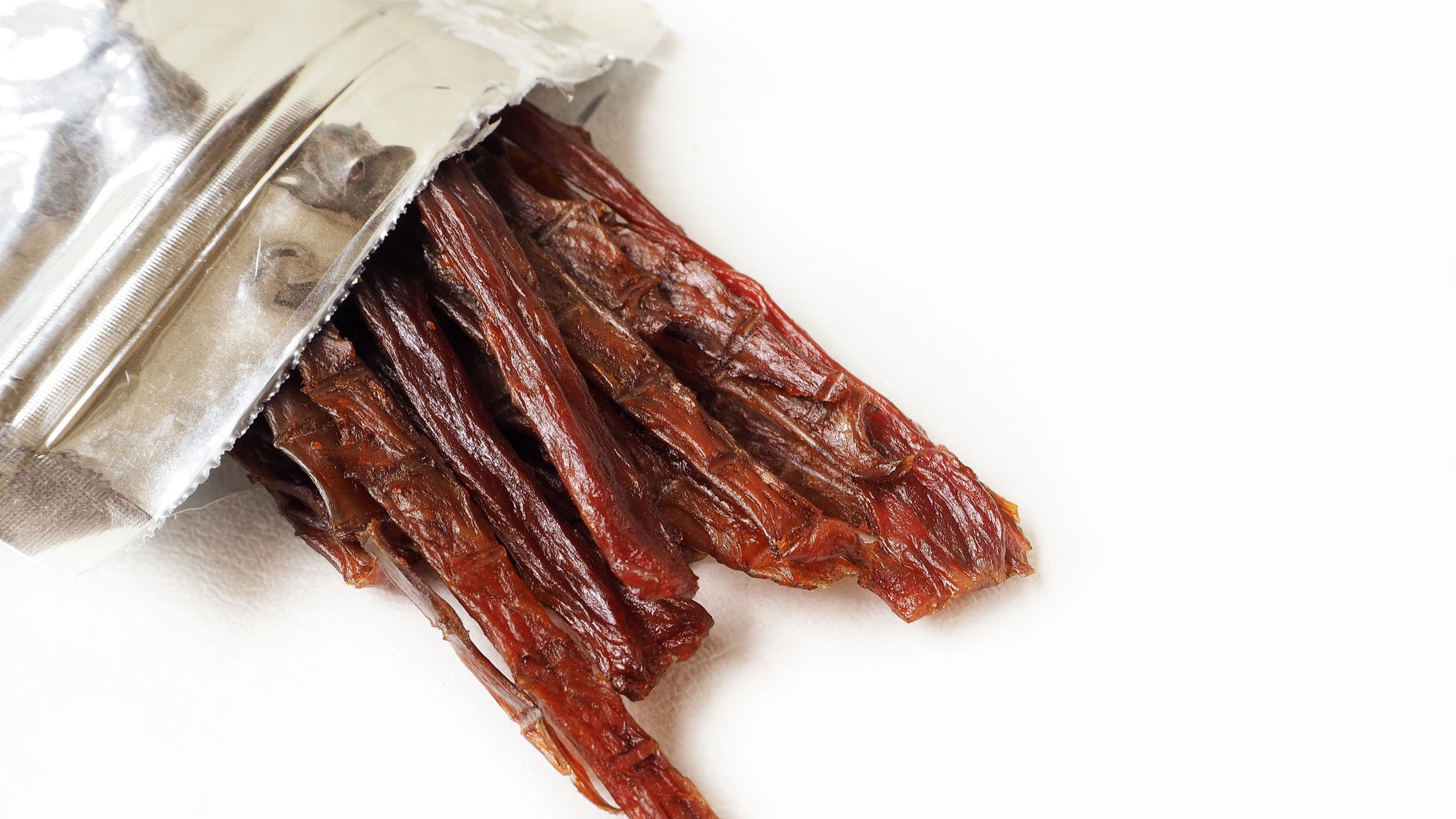Eating a plant-based diet over time appears safe regarding risk of hip fracture

March 4, 2024—Eating a plant-based diet over the long term does not appear to increase the risk of hip fracture in postmenopausal women, according to a new study co-authored by researchers at Harvard T.H. Chan School of Public Health.
The study was published on February 29 in JAMA Network Open. The co-authors included Mercedes Sotos-Prieto, adjunct assistant professor of environmental health, and faculty in the Department of Nutrition: Shilpa Bhupathiraju, assistant professor, and Walter Willett and Frank Hu, both professors of epidemiology and nutrition.
While previous research has identified a link between vegetarian diets, lower bone density, and higher risk of fracture, few studies have examined the impact of the quality of foods comprising these diets. To fill in this gap, the researchers studied the diets and bone health of 70,285 postmenopausal women enrolled in the Nurses’ Health Study from 1984 through 2014. Each participant’s diet was scored based on adherence to a healthy plant-based diet (hPBD) or unhealthy plant-based diet (uPBD). A high hPBD score indicated high intake of whole grains, fruits, vegetables, nuts, legumes, vegetable oils, and coffee or tea; a high uPBD score indicated high intake of fruit juices, sweetened beverages, refined grains, potatoes, and sweets or desserts. The researchers gave each participant overall hPBD and uPBD scores, based on their reported diet over the full 30-year study period, as well as current hPBD and UPBD scores based on recent food intake.
The study found no association between long-term adherence to a plant-based diet and risk of hip fracture. However, when the researchers focused only on participants’ recent food intake, they saw a difference in the risk of hip fracture between those whose recent diet was healthy versus unhealthy. Those with high current hPBD scores had a 21% lower risk of hip fracture than those with low current hPBD scores. Likewise, those with high current uPBD scores had a 28% higher risk of hip fracture than those with low current uPBD scores.
The researchers noted that further investigation is needed to explain whether recent intake of an unhealthy plant-based diet causes nutritional deficits that increase the risk of falls and hip fracture; applies more often to older women who are already vulnerable to fracture; or both.
Read the study: Plant-Based Diets and Risk of Hip Fracture in Postmenopausal Women
Photo: iStock/Olga Peshkova


